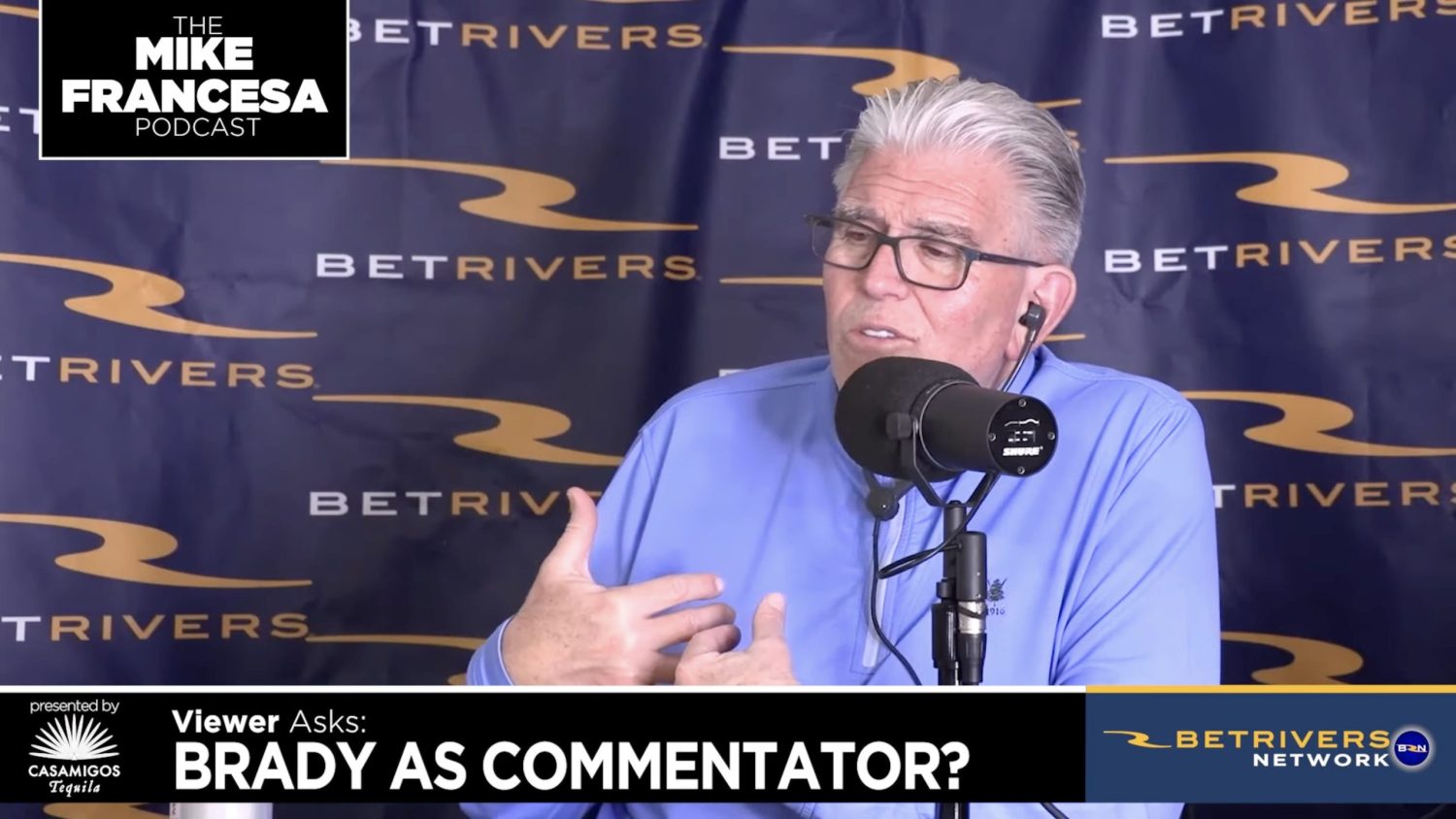Deshaun Watson and the Cleveland Browns put up a dud again in Week Two, and it’s clear the once-star quarterback is no longer himself on the field. Appearing on Pablo Torre Finds Out on Friday, NFL analyst Mina Kimes said Watson’s poor play is letting media members off the hook of how to properly cover him as an athlete and him as an alleged criminal.
“This dude just bailed out our entire industry by being bad,” Kimes said.
Kimes realized all her preseason consternation about how to cover Watson was rendered useless because he is performing so poorly.
“Something that kind of occurred to me is how am I going to talk about this in my capacity as an NFL analyst if he’s good,” Kimes said.
“But boy, it’s kind of a cop-out in some ways because we never really had to reckon with … that cognitive dissonance and what it would have entailed.”
“Deshaun Watson looks like a shell of himself. … He bailed out our entire industry by being bad.”
— @minakimes pic.twitter.com/ktr7Ls3IyH
— Pablo Torre Finds Out (@pablofindsout) September 22, 2023
Kimes went on to explain that for both fans and media, success in sports dramatically alters what is said about an athlete.
“We can point to him and try to armchair psychologize and say clearly the guy knows he’s being memed and hated and that’s affecting his performance,” Kimes said. “But there are just so many other examples of it not happening … and I was just so prepared for that to happen.”
“Right now because he’s playing poorly, if you were to put a clip of me saying something about the fact that he’s been accused of all these sexual crimes and misdemeanors, if you put that out now, I would not get hate.”
“If he was playing well, I would be inundated by hate mail, because that’s what happens when we bring up this sort of behavior with players who are playing well.”
Torre agreed that what could have been an inflection point for sports media turned into a relatively small story.
“It does feel like we as people who talk about this stuff are getting an undeserved break,” Torre said. “There was some notion of here we get to show how enlightened we are, and somehow we evade it.”
But Watson’s performance shouldn’t necessarily matter for his career story to still be covered. After all, he’s still one of 32 NFL starting quarterbacks.
“We shouldn’t need someone to be good or bad to render a verdict,” Torre added.
The conversation was a continuation of Dan Le Batard revealing earlier in the week that he declined an interview with Tyreek Hill after Hill’s reps refused to allow questions about the violent acts he plead guilty to earlier in life.
“They’ll take the guy who scores touchdowns, no matter what he’s done, because he makes them feel good,” Le Batard said. “And the journalist asking questions does not make them feel good.”
The decisions fans make about what to consume and the work journalists do to give fans accurate and relevant information is not easy, in sports or elsewhere. But sports provide a context in which winning makes someone relevant. So what is “newsworthy” in the NFL is inherently affected by who plays well on Sundays.
“Maybe it’s obvious in sports that success or failure in the case of Watson seems to inform whether or not people give a **** about other stuff, but (Watson and Hill) are a good case study of the way in which sports fans react to us even bringing it up,” Kimes noted.
Hill’s criminal history is rarely referenced among NFL analysts. But Kimes believes acknowledging the full context of who an athlete is should be the bare minimum for a broadcaster.
“When you’re in an environment where you’re talking about the person, their career, who they are, we gotta ****ing bring it up,” Kimes said, “and people still fall short in that regard. When they talk about why Watson wasn’t on the field … any omission is egregious to me.”
And sports media members then just have to hope that by painting a clear and accurate picture of an athlete, fans gain a better understanding of what is happening with their favorite teams and leagues.
“The loudest guys are the ones in the parking lot with the horrible signs, but that isn’t the majority,” Kimes said. “I truly believe a lot of sports fans do feel conflicted about this, a lot of sports fans do want to hear about all of these things at once. It’s just the tone and the scope of it does tend to fluctuate based on play.”
There’s no obvious line here. Sports media largely ignored these conversations until people like Le Batard brought social context into the sports arena more regularly.
And fans aren’t a static entity, either. Generational divides and lessons over time color how sports fans consume news.
Kimes is right that a Watson comeback would have been an interesting test for sports media. But hopefully they can keep improving their coverage without that test case, and fans will be better off for it.







